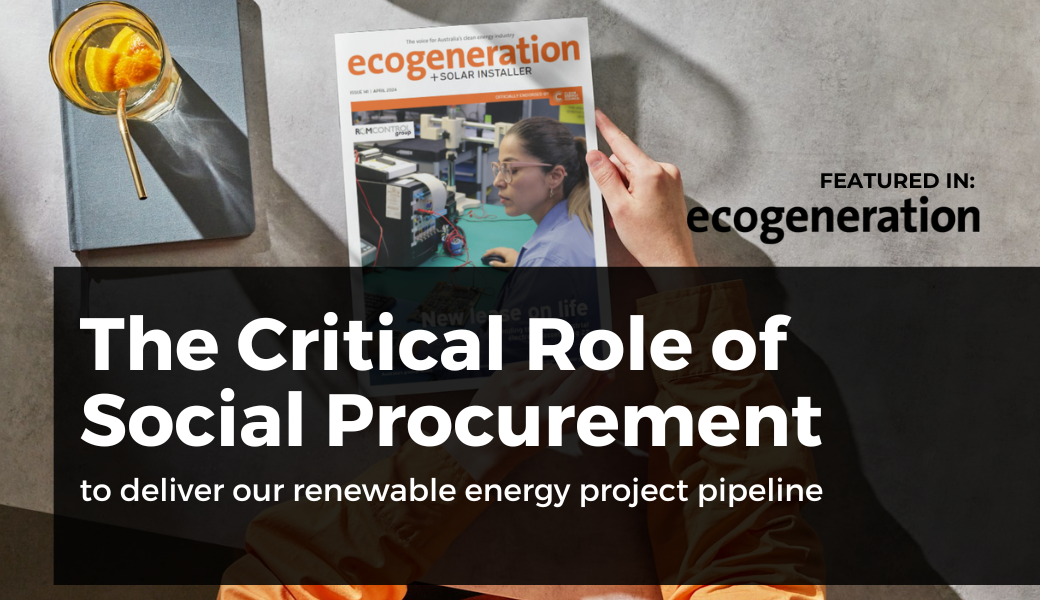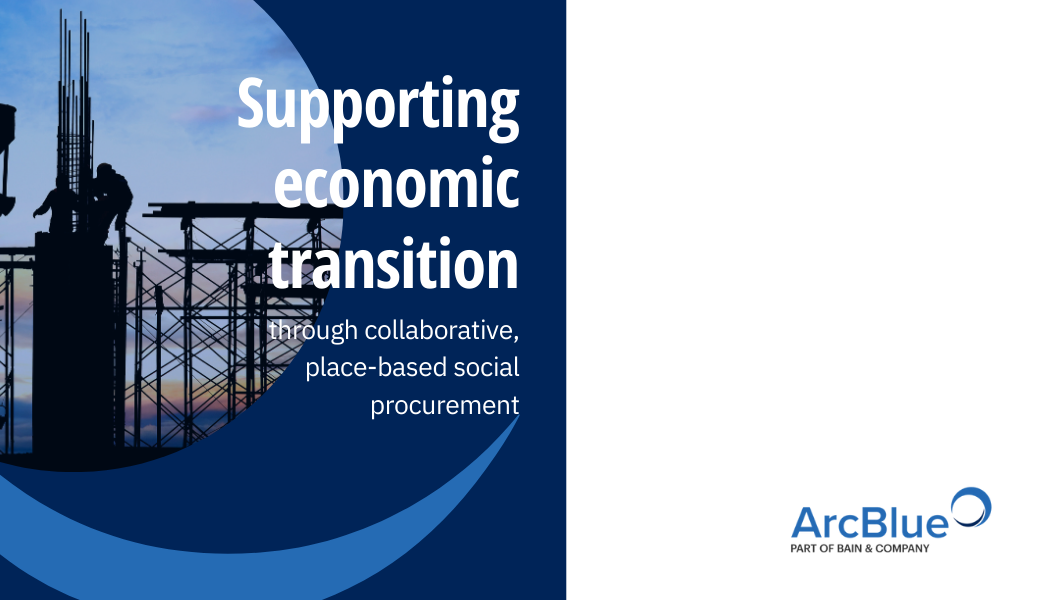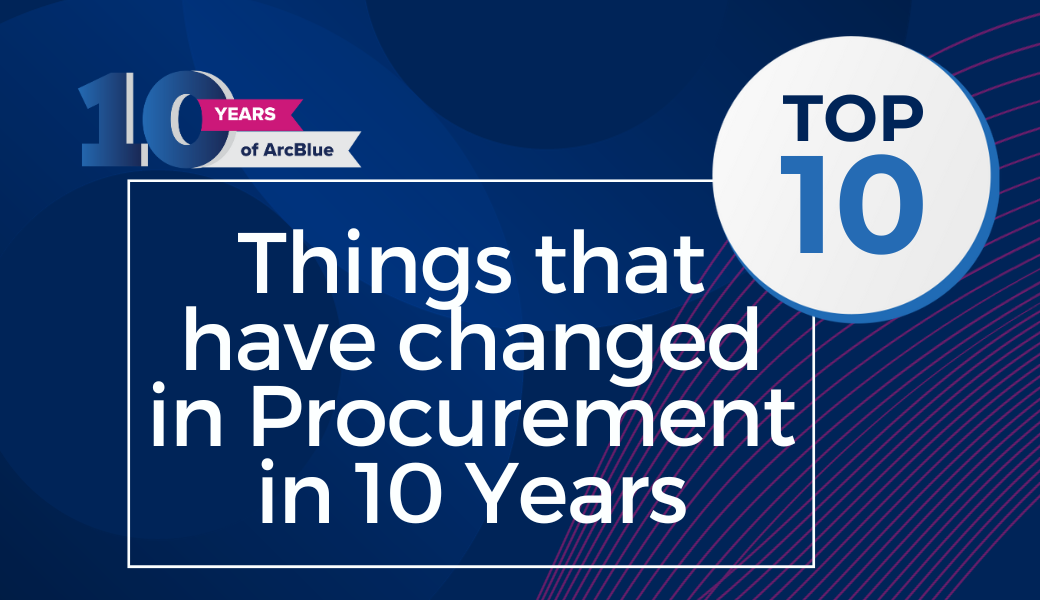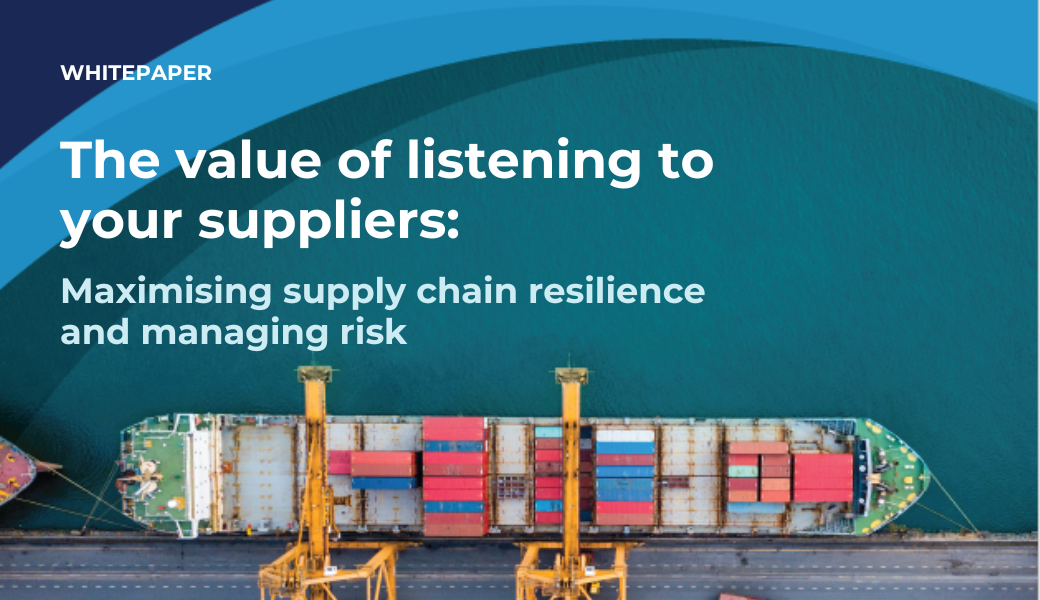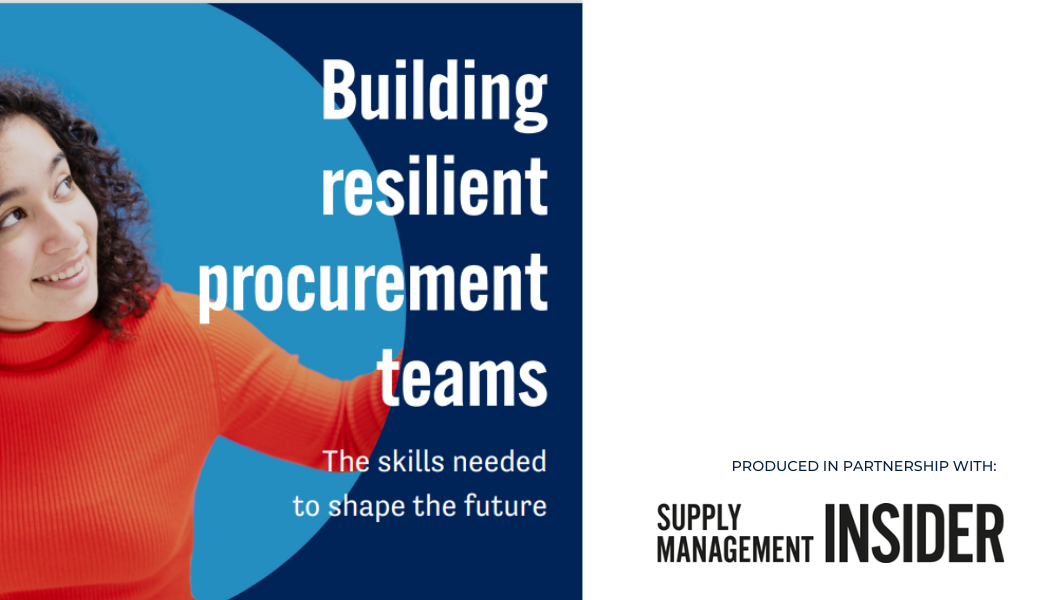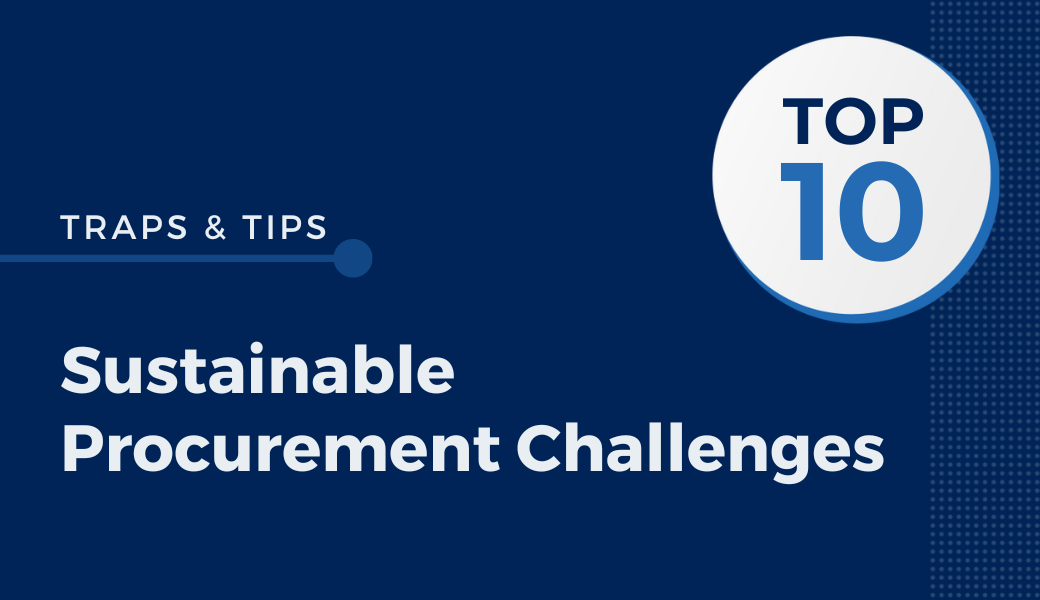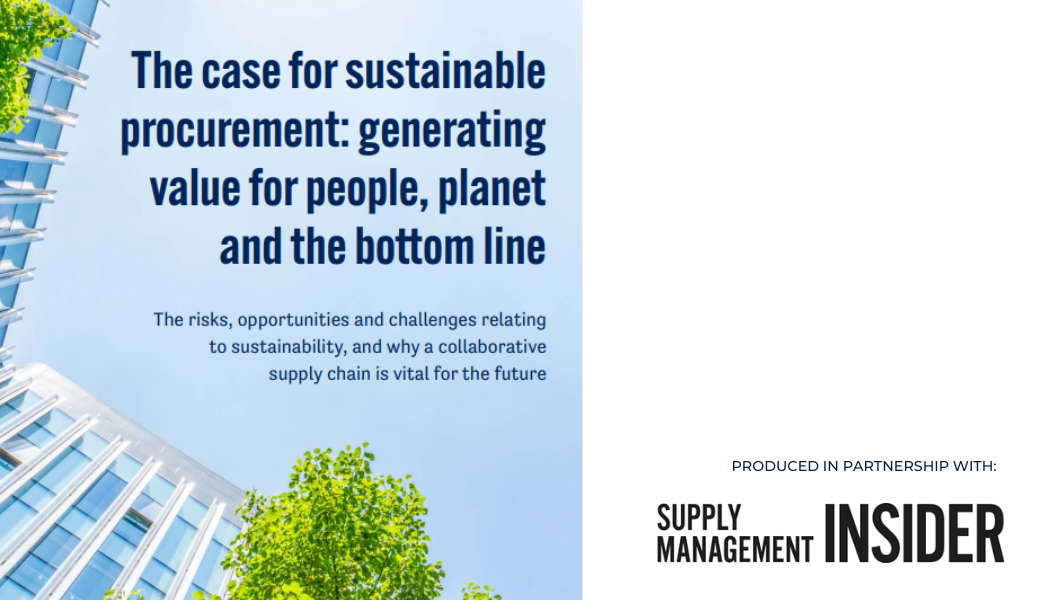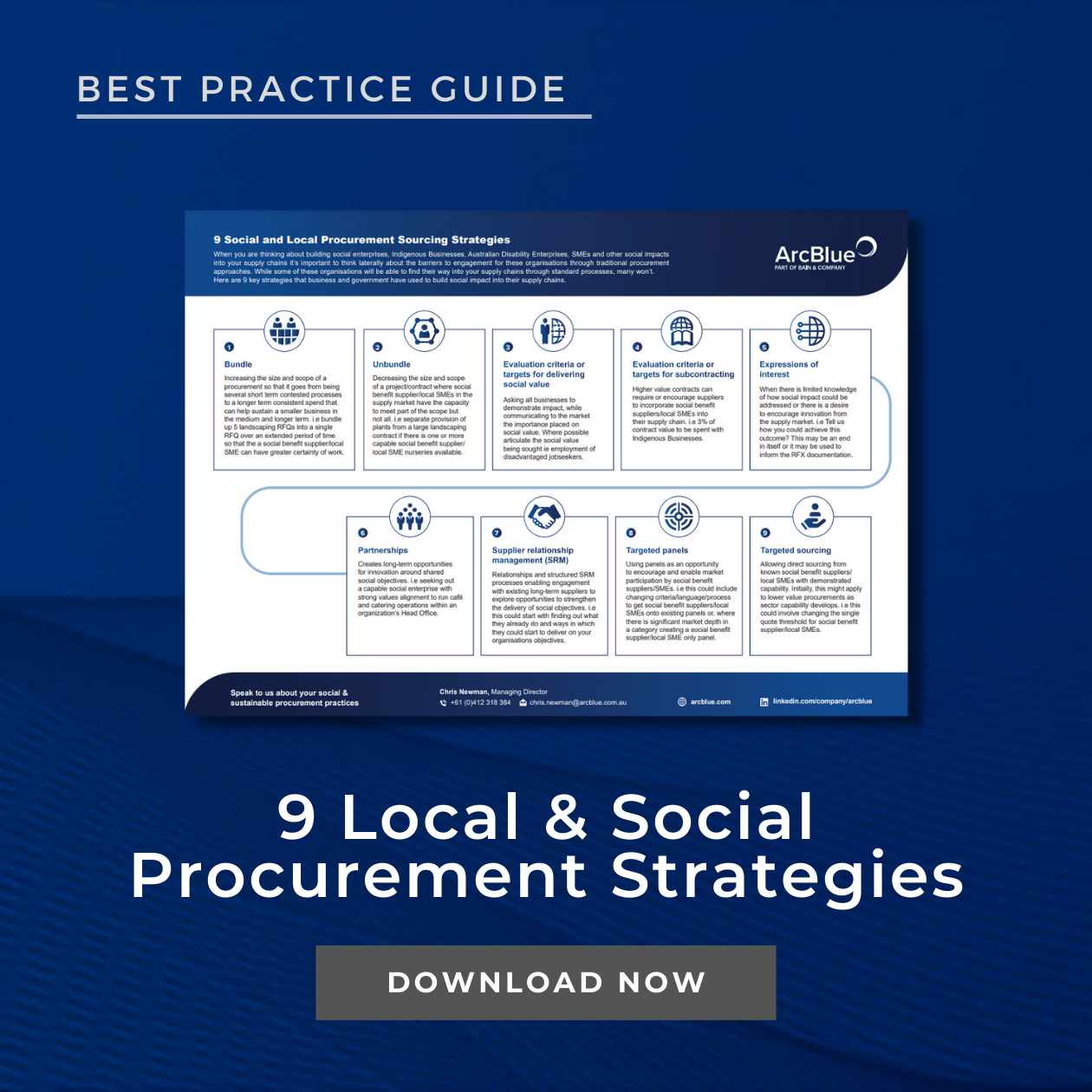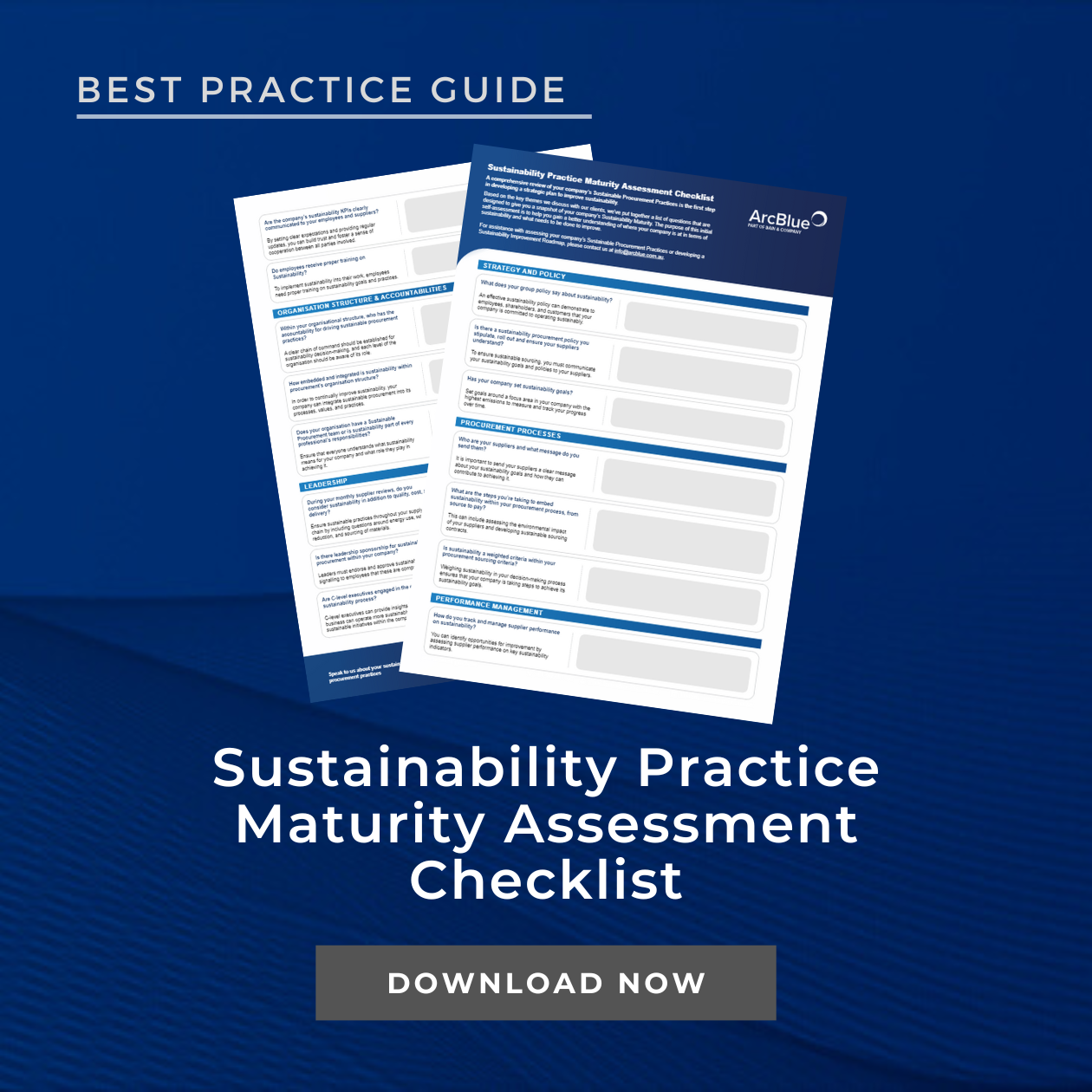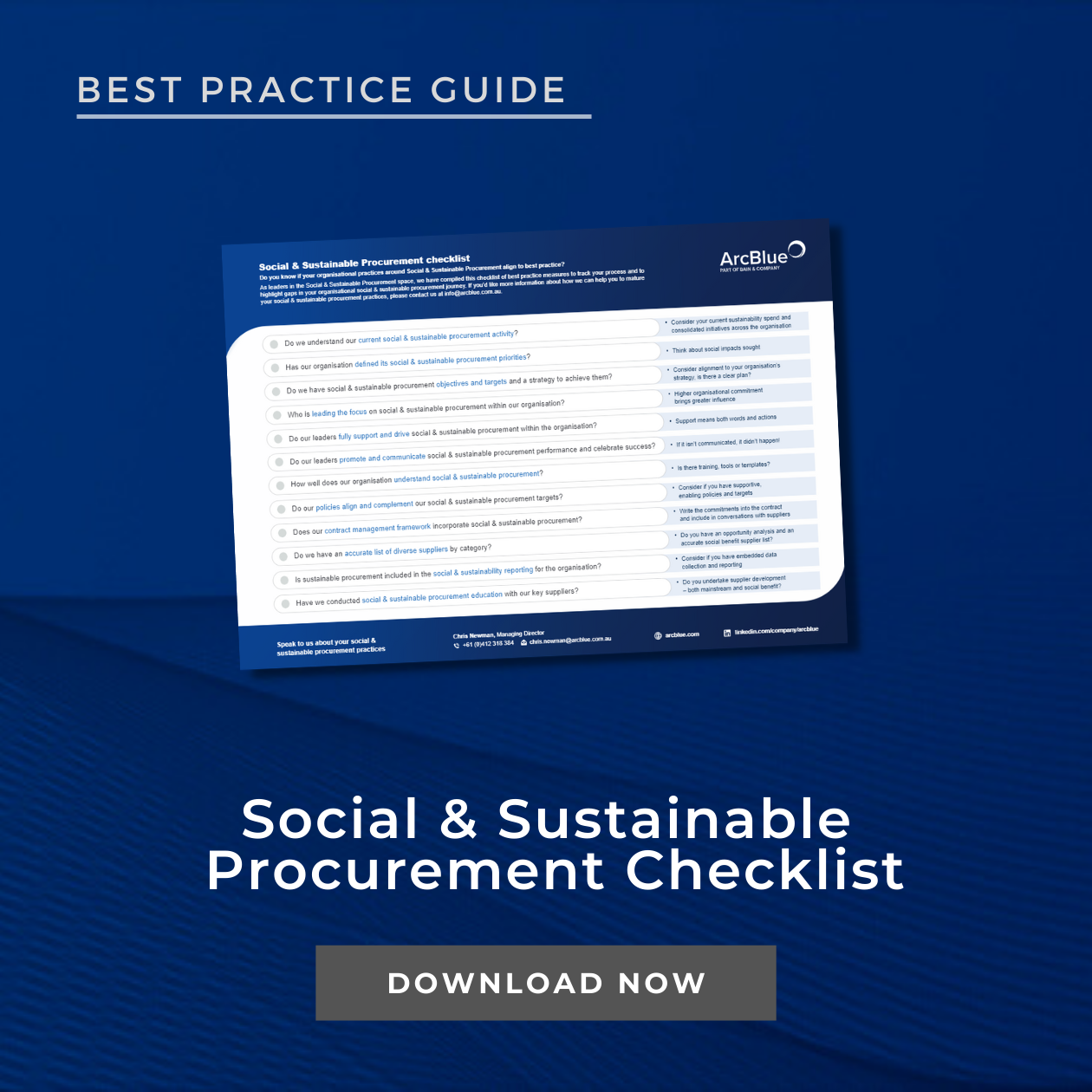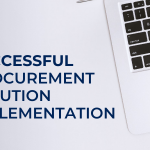- ARTICLE
New Opportunities from the Waste Crisis
September 2019
There is a waste crisis in Australia at the moment. This article explores what is happening, how you may be able to help, and insight into the potential for the country to benefit from the crisis.
Waste Management in the Past
In Australia many councils were paid for their kerbside recyclable waste. This may be a new revelation to many not involved in waste collection and is at the core of the current problem. There certainly were councils not receiving a rebate, however, there were many who actually profited from the recyclables collected.
Most councils contract a company to collect the waste or they collect it themselves. In the case of co-mingled recyclable waste, the contracted collector agrees a rebate with the processor and this is factored into a tendered rebate to the council. The council is generally not aware of the size of the rebate nor how the purity of the recyclables impacts the price.
Many collectors have been failing to pay the rebate to council for some time. As the source of the rebate and reasons for not paying are unclear to councils, this has created tension between councils and collectors. The common reaction from councils has been to issue contract breach notices.
The collectors, even though under contract, have been unable to pay rebates as they are not receiving them from the processors. Both sides have an understandable view point; councils have budgeted on receiving rebates and they haven’t been paid, and the collector’s expected certain rebates from the processor which aren’t being paid.
Processors historically sold their bulk waste overseas to be sorted, predominantly to China, and therefore have now lost this income. There is insufficient alternate demand, so the bottom has dropped out of the market price. There is insufficient local demand, and other markets such as India are not yet geared-up for the volume of available stock. Where the supply chain had been sorting and processing in Australia it is unlikely a rebate was being paid. Even these supply chains will come under pressure as commodity prices drop due to the flood of available material.
What does the China ban mean?
China hasn’t suddenly banned the world’s waste from being sent there. The ban was forecast well ahead detailing the types of waste and increase in quality needed. China is now demanding 99.5% purity in recyclables such as plastic. In reality, this means if a bottle lid is still attached and the label is still on, the bottle may not be pure enough for China to accept.
Currently, the waste collected from our streets is around 90% pure and going as low as 50% pure for some areas, for example Ipswich. That means there is at least 10% contamination of unrecyclable waste. That means for every ton of waste China has accepted, at least 100kg has had to go to landfill. When you consider the amount of waste being shipped to China, this becomes a significant issue.
The plan is designed to address China’s own growing internal recycling needs as well as addressing the problems created by accepting unclean foreign garbage.
There are other foreign markets, however they don’t pay as much as China, will need to develop capacity quickly or logistically are more expensive to reach.
Local Processing Options
So why don’t we process our own waste? This is a good question with complex answers. We should be aiming to process and reuse our waste. It is what most leading economies strive for and is called the circular economy.
However, these processing facilities and markets take time to develop. China gave the world six months’ notice. Even if Australian governments acted immediately, the market and facilities were unlikely to be ready by the time the ban took place. The ban has now been in place for more than four months (so we have known about this for more than 10 months), and Australian governments and industry are still predominantly debating whose problem it is, and developing short term stop-gaps.
In Australia we can process some waste, however have become dependent upon China and therefore the sorting and management industries have not developed to meet the new demands. Labour, energy, land and infrastructure are all more expensive in Australia, making it hard to compete. This is the core reason why we started shipping waste overseas. It is not dumping our waste in other countries, it is sending our recyclables to regions where it is economical to recover them.
This option is now less viable and we need to find ways to manage our own waste.
So what can be done?
In the short term we need to be prepared to pay higher rates for either sorting and management in Australia or for sufficient sorting to allow the transport to China or other developing international processors. Regardless of the approach there is a higher cost.
Sorting provides a range of local jobs and builds a local industry. These jobs provide opportunities for a high proportion of low-skilled workers and are therefore a sound method of improving social outcomes and providing jobs for people who may find it difficult to gain employment. The Australian Council of Recycling commissioned a study that indicated up to 500 jobs could be generated. If we look at the South Australia model and apply It to the rest of Australia, this figure becomes much higher.
Readily available feedstock also makes industries that use this material more viable. For example, clean, sorted plastic readily available in consistent quantities assists the plastic remanufacturers to plan and conduct production runs.
Consolidating recyclables at sorting centres creates clean streams of product in a central location.
It will be some time before Australia fills this void, so there will be issues. The attraction of dumping excess waste to landfill will be significant from an economical aspect and to prevent large stockpiles of recyclable waste which present a significant toxic fire threat.
The price achieved for sorted recyclables has dropped significantly due to a sudden glut in the market. This makes starting a sorting facility financially unviable until this price increases or significant government assistance materialises. The price will only increase when demand increases.
This means we need to purchase more end-products manufactured from recycled products. Given virgin materials are generally cheaper in Australia, this will need some form of government intervention.
Currently there are sorting businesses in Australia, however they can’t manage the full volume, and logistics from regional centres can make the costs prohibitive. Dumping into an available landfill can be a cheaper and attractive option as shown by Ipswich council.
State governments will need to work with the industry on establishing viable sorting and cleansing capability, in areas that allow economical supply chains and within reach of end-users who plan to turn the sorted recyclables into a new product.
Governments will need to address a range of issues to assist communities and operators, such as zoning, stockpiling policies and encouraging and/or allowing new methods such as pyrolytic processors.
There are two ways to view this:
(1) The main viable method of treating our waste has disappeared and we need to pay huge sums of money for recycling or dump it in landfill. Landfill is the cheaper option.
OR
(2) The Chinese are demanding a cleaner product. We can achieve this with some local processing, by whilst we are at it why don’t we see if we can build our own local use of these products and develop a circular economy.
This is going to be a complex issue that will take years to resolve. We can all play our part by ensuring our waste is as clean as possible and sourcing goods made from recycled products. If we don’t, then we need to take responsibility for the environmental and social impacts of landfill.
Related Services
INSIGHTS
RESOURCES & DOWNLOADS






